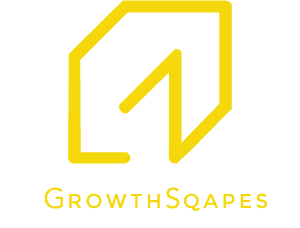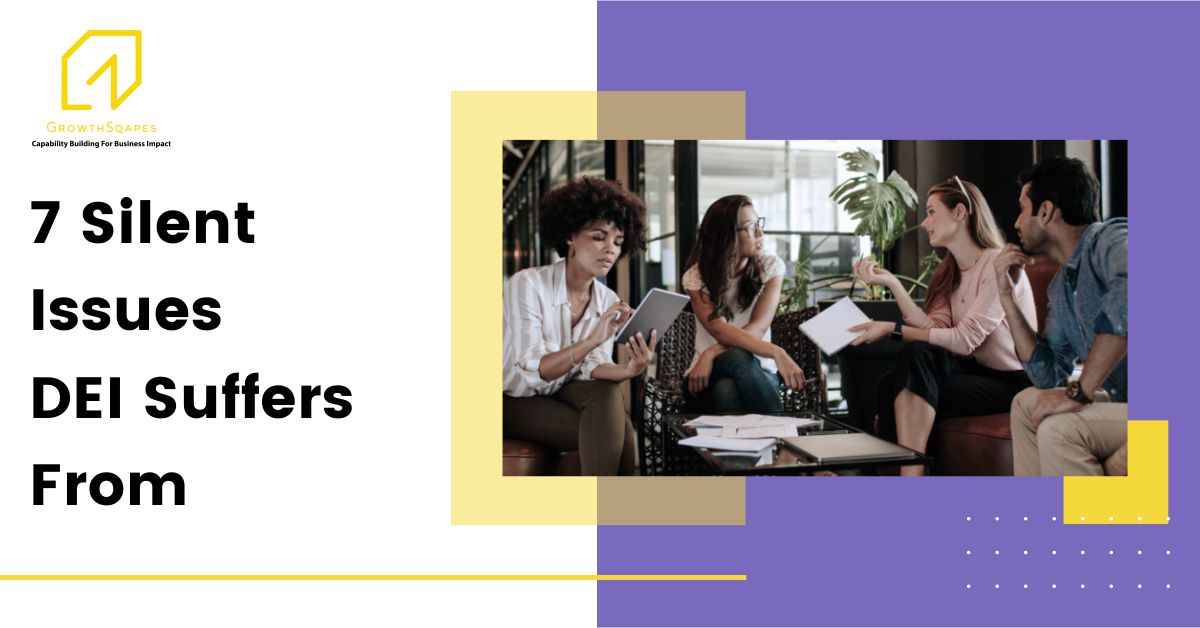Diversity, Equity, and Inclusion (DEI) are more than just buzzwords in the corporate world; they are essential elements that can drive innovation, enhance employee engagement, and improve organizational outcomes. However, despite the increasing recognition of their importance, DEI initiatives often struggle with silent issues that undermine their effectiveness and impact. Here are seven such issues that need to be addressed for DEI efforts to truly flourish.
1. Tokenism
Tokenism occurs when organizations remember symbolic dates like International Women’s Day on March 8th but forget to celebrate and support women throughout the year. This approach reduces DEI efforts to mere checkboxes and fails to create a culture that genuinely values and promotes diversity. Instead of focusing on one-off celebrations, companies should strive to integrate the principles of diversity and inclusion into their everyday practices and policies.
2. Projectification
The projectification of DEI refers to the phenomenon where activities that should be an integral part of a company’s operations are treated as temporary or special projects. This approach can lead to the perception that DEI efforts are not core to the business but rather optional initiatives that can be started and stopped. For DEI to be effective, it must be woven into the fabric of organizational culture and strategy, rather than being sidelined as a project with a start and end date.
3. Representationism
Representationism is the practice of filling diversity quotas to appear inclusive on paper without committing to the spirit of inclusion. This issue reflects a superficial approach to DEI, where the focus is on outward appearances rather than on fostering genuine understanding, respect, and equity. Organizations need to move beyond mere numbers and statistics to create environments where diverse voices are heard, valued, and empowered.
4. Side-stream
DEI often remains side-stream, meaning it is not considered a mainstream priority in many organizations. This sidelining of DEI efforts can lead to them being overlooked or undervalued in strategic decision-making and resource allocation. To overcome this challenge, businesses must integrate DEI into their core mission and objectives, demonstrating a commitment to these values at the highest levels of leadership.
5. Compliant-Mindset
A compliant-mindset towards DEI involves doing the bare minimum to meet legal or societal expectations without genuinely embracing the principles of diversity, equity, and inclusion. This approach treats DEI as a box to be checked rather than an ongoing commitment to creating a more inclusive and equitable workplace. Organizations should strive to exceed mere compliance and actively seek ways to enrich their culture and practices with DEI values.
6. Leadership Soft-Pedalling
Leadership soft-pedalling refers to the tendency of some business leaders to approach DEI issues with caution or indifference, failing to champion these initiatives with the vigor they require. For DEI efforts to be successful, they must be supported and advocated for by the organization’s leadership, demonstrating a clear and unwavering commitment to fostering an inclusive culture.
7. Poor Interpretation
Poor interpretation of DEI involves a lack of understanding of the processes and principles underlying diversity, equity, and inclusion. This issue can lead to misguided efforts that fail to address the root causes of inequity and exclusion. Educating leaders and employees about the nuances of DEI can help organizations develop more effective strategies and initiatives that truly promote diversity, equity, and inclusion.
Addressing these seven silent issues is crucial for organizations that are serious about their DEI efforts. Leadership development programs in India must recalibrate the pedagogy by acknowledging and tackling these challenges head-on, and include such interventions that ensure businesses can move beyond superficial measures and make meaningful progress toward creating more diverse, equitable, and inclusive workplaces.
This blog has been written by Satyakki Bhattacharjee, Managing Partner at Growthsqapes

